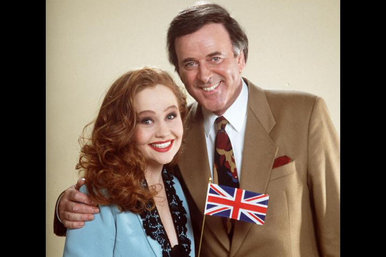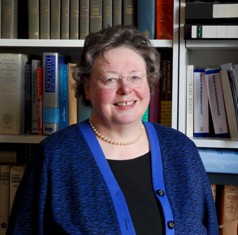Mr Clive Scowen's opening words of the debate on the election of the laity in 2011 were "The Church of God is not a democracy, and rightly so." (here, page 237, big pdf).
I don't know if Mr Scowen is aware of how often that phrase has been used in the past. It has been a way of trying to stop reform and, in particular, any reform which would widen the franchise.
To argue for change it is de rigueur to say: 'The Church is not a democracy, but ....' Thus reformers are always on the back foot. Mr Scowen's version was "The Church may not be a democracy, but our polity involves a large democratic element."
(I might question just how large the element of democracy is, but I'll leave that for another day.)
But no-one asks, 'if the Church is not a democracy, then what is it?'
I suggest there are two answers. First, that the Church is a constitutional monarchy - with the emphasis on the monarchical rather than the constitutional (as in my previous post).
Democracy and/or truth?
The second answer is more complicated. It concerns the manner in which we discern God's truth and the way in which the Church legitimates the decisions it makes.
In effect a false opposition is set up: on the one hand there is divine truth, and the church is its guardian.
The attributes of divine truth are unchallengeable rectitude, purity, abstraction, timelessness, compassion, universality.
Conversely, every human decision is challengeable and changeable. People are limited in their knowledge and imagination, self-interested, vulnerable to the winds of political and social flux and, whatever wisdom we can bring to bear on an issue, none of us know the future.
Yet a church must embody and effect divine truth if it is to be (and be recognised as being) legitimate: a real church. On the other hand all decisions are actually made by fallible humans.
This is difficult enough for an individual, or even a group of people who know each other well. It is all but impossible in a larger body.
 |
| and yet, in the absence of theory and shared human understanding, truth is not knowable |
(It's interesting the neither background paper for the debate on lay voting had any theological content. Both were entirely practical.)
And in formulating its polity and its culture of decision making in negative terms 'not a democracy' it offers no guidance as to how decisions are properly made under God, how its legitimacy as a Christian church may be affirmed or challenged.
Monarchy and divine truth
But I suspect the most pernicious aspect of 'The Church is not a democracy ....' lies in the combination of the two silences.
 At the heart of church decision making - who may determine the will of God and how - there is silence. Silence about the structures of power, its expression in ordinary church life, and silence about the ambiguities and tests of legitimation.
At the heart of church decision making - who may determine the will of God and how - there is silence. Silence about the structures of power, its expression in ordinary church life, and silence about the ambiguities and tests of legitimation.'The Church is not a democracy' has become an occasional negating refrain, a way in which Synod members tell one another to Keep Off the Grass. (Or, perhaps, to always keep a-hold of nurse ...)
These are difficult and ultimately irresolvable issues, and I'm not sure that continually re-visiting them will help very much.
On the other hand I think they should be up for examination on occasions. In particular they should be looked at carefully and honestly when issues of reform of church structures come up for debate. At present shared silence has helped keep most lay people at the margins of the Church.
One member : one vote














